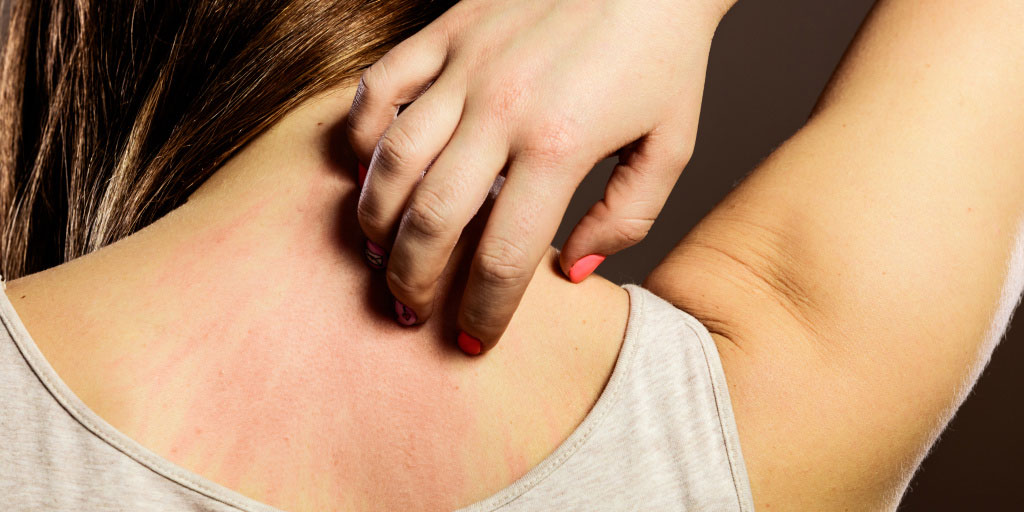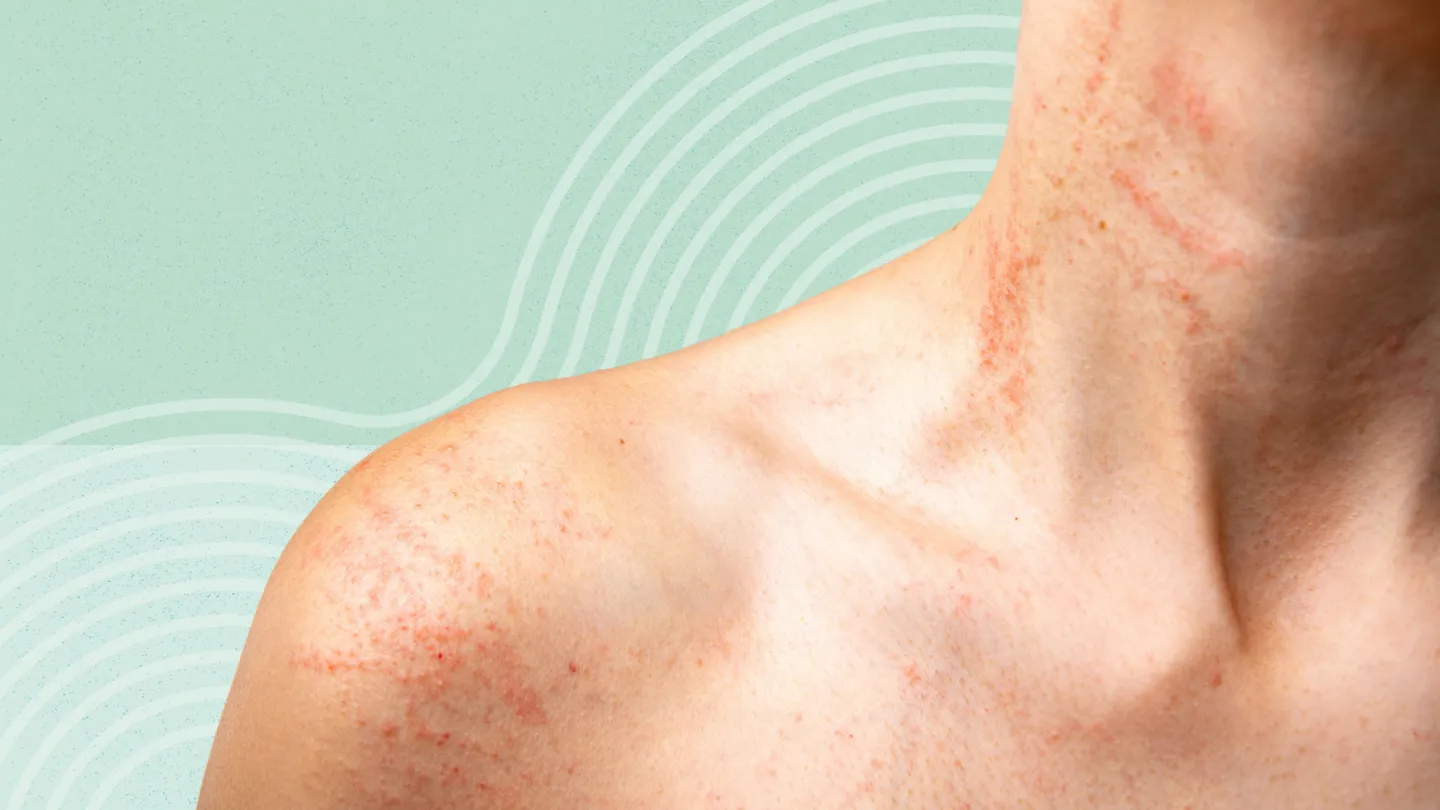Itchy skin, also known as pruritus, is unsettling for many. The itchiness can cause you to scratch yourself in a rage, preventing your ability to completing routine chores. The skin irritation could manifest as a few irritated bumps or blisters. The rashes are painful and can get worse in the event that they are not treated quickly.
There are many possible causes for itchy skin. Certain are obvious and others aren’t, therefore you’ll have to consult with a physician. Finding out the cause of itchy skin is the initial step in determining the best treatment. Here’s a list of causes for itchy skin and how to deal with it.
Table of Contents
Skin conditions
Common skin conditions such as dermatitis, as well as eczema, psoriasis, and others, are known for causing painful, itchy rashes. Infections like chickenpox, insect bites, and measles could also trigger extreme itching. Some ailments heal within some time, whereas others can take longer to heal and may require frequent treatments. Therefore, it is recommended to consult your physician to find out what causes itchy skin and what steps you should follow.
A lot of dermatologists will recommend an over-the-counter (OTC) Ointment or even prescribe an individual treatment, based on the severity of your problem. A topical cream that is steroid-free, such as Dermeleve, might be sufficient to soothe the itching. Although treatments using steroids can temporarily soothe skin irritation, they’re not always effective specifically for issues such as shingles. Ointments that contain moisturizing properties can help soothe itchy skin, particularly when dry.
Oral medication can ease the sensation of itching within your body. Sometimes, the light therapy or phototherapy has to be performed for those who are unable to take oral medications. Another way to alleviate discomfort is to relax in an ice bath or shower. A clean washcloth, as well as an ice pack over the area of pain, will stop you from scratching the area every time.
Allergens

The air or in animals, or plants can come in contact with the skin, which can result in an itch. A reaction to something could be the cause of your itching. If that happens, then you should identify the allergen as quickly as you can.
Apart from the pollens, pet dander, and dust, some other typical allergens are:
- Wool
- Nickel
- Food and scents
- Latex
- Chemical dyes
- Certain medicines
- Poison oak or ivy (2)(3)
The sun’s rays and salt water can cause skin irritation for certain people. Extreme temperatures may be the cause. In such cases, applying sunscreen and non-scented moisturizers could stop a rash from appearing and ease inflammation. (5)
As recommended by your physician, the majority of oral or topical treatments can alleviate the rash that is caused by the allergens. The over-the-counter antihistamines are often the most prescribed medications in mild cases of skin allergy, and they are available at many drugstores. (3)(4)
The majority of dermatology clinics and hospitals must have a specific test for determining the triggers of an individual’s allergic reactions. This test may be a blood sample or a patch test. The discovery of the allergen will make it easier to avoid future allergic reactions and will eliminate the fear of suffering from painful itching. (1)(3)
Internal illnesses
One of the lesser-known causes of skin irritations could be an internal problem. An organ in decline can manifest externally through itchy patches that appear on the skin. Patients with preexisting diseases like leukemia or HIV are also the most prone to itching. (2)(5)
Your doctor may suggest that you undergo X-rays or tests for the kidney, liver or thyroid to determine whether the root of the problem is internal. It is possible to consider taking an antidepressant medication, like fluoxetine or sertraline, to address the root of the itching. This may be due to an illness of the liver. If you suffer from an illness that is chronic or preexisting, make an appointment with your physician to determine whether this could be the reason behind the itchy skin.
Neurological disorders

Nerve diseases are another reason of itching. The two most common causes are shingles and diabetes. The most frequent issues of the nervous system that can trigger rashes and itchy areas of skin. Stroke and multiple sclerosis can also trigger persistent itching.
Making an accurate diagnosis is essential to determine what’s the real cause. Your doctor may prescribe medications to treat the condition as well as a dermatologist can recommend treatment for your skin that is itchy. If you’re collaborating with multiple medical professionals, be sure that you are able to utilize your various medicines at the same time.
Psychological problems
Sometimes, the root of the itch is psychological, without any external or external triggers. Unhealthy mental health can lead to people thinking that something is always irritating their skin. They scratch to respond. The habit of scratching is among the symptoms of anxiety as well as obsessive-compulsive disorder (OCD) manifestations. (4)
A good therapy and counseling program can decrease anxiety and stress, reducing the chance of scratching yourself without reason. Yoga and meditation can help relieve skin irritation and help you to become more at ease. (1)(2)
Conclusion
Skin irritation shouldn’t be a problem in your lifestyle. The reasons for skin irritation can differ, and you’ll be able to identify the cause by contacting your doctor or dermatologist. They’ll advise the most effective method of treatment for you, based what the extent of your issue.
In spite of prescribed medication, however, you are able to utilize homemade remedies such as lotions and moisturizers. You can also take a bath or make use of humidifiers. These techniques, when combined with a professional treatment, could help you get rid of itchiness temporarily or for the rest of your life.
